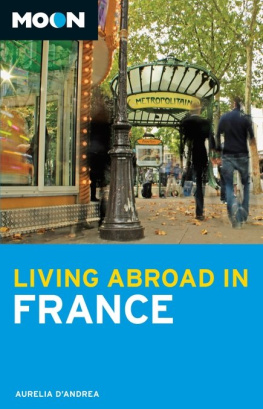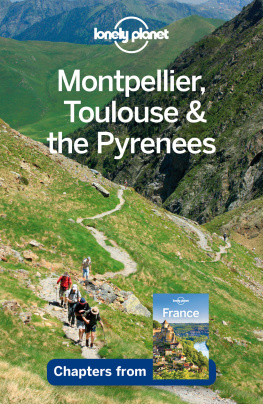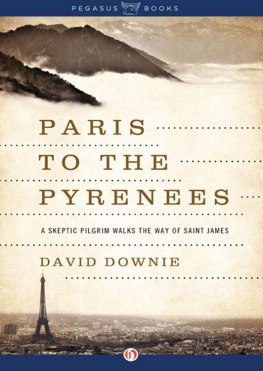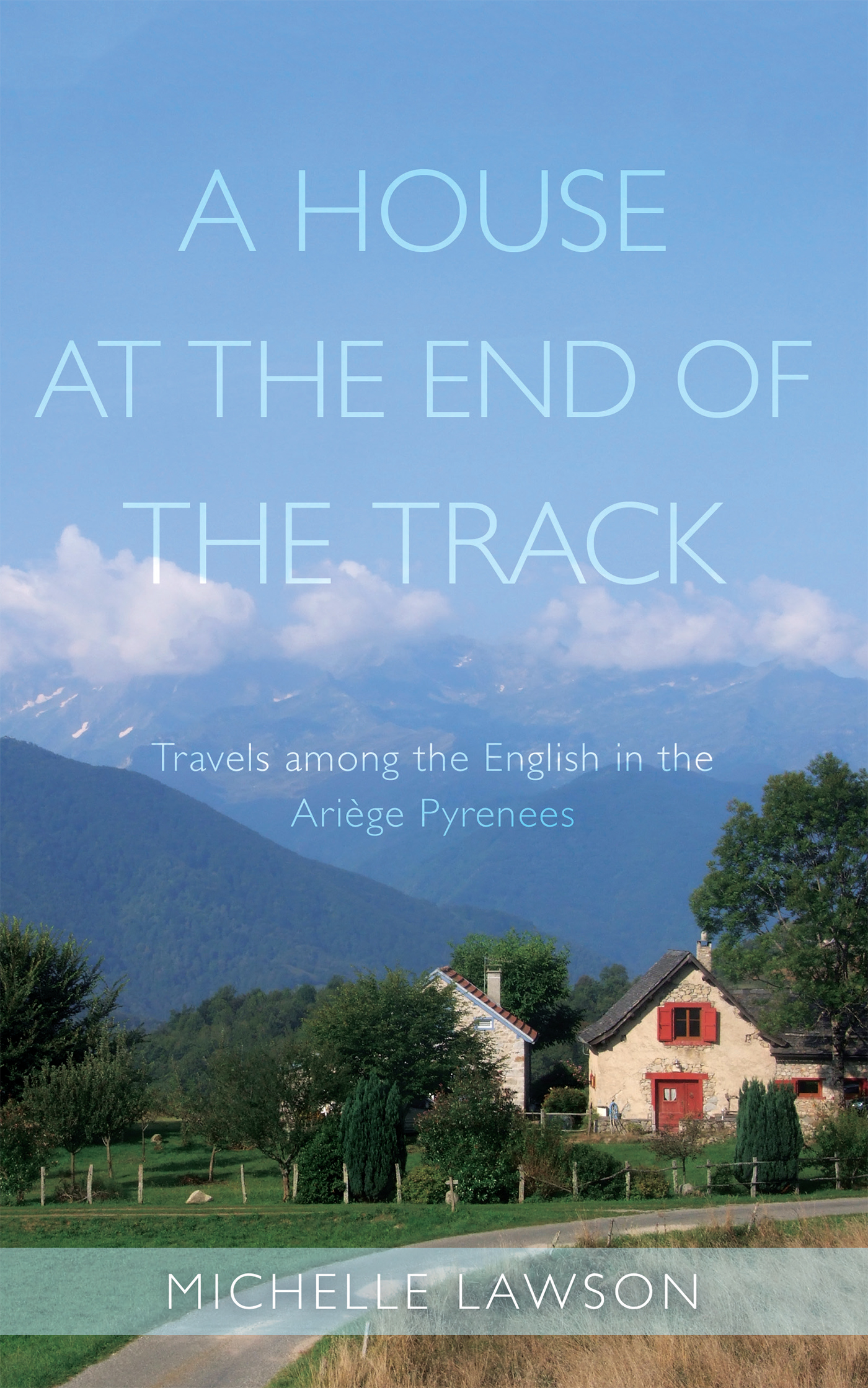Copyright 2019 Michelle Lawson
The moral right of the author has been asserted.
Apart from any fair dealing for the purposes of research or private study, or criticism or review, as permitted under the Copyright, Designs and Patents Act 1988, this publication may only be reproduced, stored or transmitted, in any form or by any means, with the prior permission in writing of the publishers, or in the case of reprographic reproduction in accordance with the terms of licences issued by the Copyright Licensing Agency. Enquiries concerning reproduction outside those terms should be sent to the publishers.
Matador
9 Priory Business Park,
Wistow Road, Kibworth Beauchamp,
Leicestershire. LE8 0RX
Tel: 0116 279 2299
Email: books@troubador.co.uk
Web: www.troubador.co.uk/matador
Twitter: @matadorbooks
ISBN 978 1789019 346
British Library Cataloguing in Publication Data.
A catalogue record for this book is available from the British Library.
Matador is an imprint of Troubador Publishing Ltd
This book is for everyone who has taken that step towards a new life abroad, whether by choice or through necessity.
Contents
Prologue
Life in France,
in English
I stood at a crossroads in a small town in south-west France, trying to make sense of the directions Id printed from Geralds email. It was a Sunday morning in 2011, at that point between the seasons where summer was ready to tip over into autumn, but temperatures remained high and the town was dry and dusty as well as deserted. My eyes flickered around the two shuttered cafs and the browning verges but I couldnt see anyone to help unravel the directions. Turning left as instructed had inexplicably led me out of town, so Id turned back and parked the car on the outskirts. In unfamiliar places I always felt more at ease on foot. I walked a few more steps and dialled Geralds number, describing the arcade of shops opposite. I dont know where that is, he pondered. I began to doubt whether I was even in the right town. I read out the crossroad signage and it seemed to click with him. Did I say turn left? he mused. I wonder why I did that. You need to turn right. We ended the call with a promise that hed put the kettle on.
I was on a journey to join a dozen or so dots on a map of south-west France. The dots were English incomers whod chosen to make a new life for themselves in the green foothills of the Pyrenees, more precisely the little-known dpartement of the Arige. Hardly anyone seemed to have heard of it, including a fair number of the English incomers before theyd moved there. In time I came to find that many had uprooted to a corner of France that they were unfamiliar with.
Id become fascinated by the Brits in France and I was setting out to interrogate, and perhaps even violate, that English dream to move to France. I wanted to delve beneath the romantic accounts, the television programmes like A Place in the Sun and the property magazines that encourage people to sell up and leave Britain for a new life in France . Id also become mesmerised by one particular Arige-based website that was dedicated to Life in France, in English. There are internet forums all over France to help people plan their move and support each other, answering countless questions and so on, but this one was particularly lively, with members even arranging to meet up offline. Id also noted a fair bit of sneering from certain members. Unhappily for some, the soap opera of Life in France, in English offered an easy platform for infighting, with a few old-timers condemning recent incomers who have not done any homework; they do not know how to survive and they do not know anything about the country or language . Personal rants railed against needy newcomers who were being coddled , like cotton wool, who could not be bothered to get off their backside and explore a bit . Vicious seething against migrants is nothing new, but here it was the Brits pitched against each other.
At one point I found myself logging on daily, drawn into it as if it were a television soap. My interest only waned as it became plagued by hundreds of spam memberships, triggering its eventual closure. Another member set up a replacement site in no time, which continues to support English-speaking incomers in the Arige, noticeably minus the infighting that characterised the original Life in France, in English platform.
Id begun to notice that British columnists based in France similarly had few good words to say about their compatriots. Were accustomed to seeing Britains own immigration situation described in the tabloids using language such as threatened, invasion and swamped , but the incomers themselves were using it to draw a demarcation between their own behaviour and that of all the other Brits in France. That very phrase seemed to connote the negative side of things; Id seen the title Wake-up call for Brits in France that introduced a story about the harsh truths of reality that contradict the initial dream of moving to France
The word Brits was often the word of choice when complaining, rather than Britons or British . People were quoted as having an I didnt come to France to hang out with other Brits attitude. The other Brits were the ones who had been suckered into buying unsuitable properties, and whod come in such numbers that they found themselves in the ironic situation of having ended up with what they were fleeing other Brits. And no surprises that it was used to refer to criminals in The Suns story about British cocaine smugglers and the raids on homes of more Brits in Frances Dordogne region .
Some writers saw it as an invasion of unprepared Brits who had come over because theyd seen it on a television programme. One particular article, by John Lichfield, warned readers to avoid the British hotspots such as Dordogneshire and find a rustic retreat away from other Brits. Lichfield drew an unambiguous line between these recent migrants making up the new British invasion, and the longer-established British residents. Lichfield naturally included himself within the latter, claiming that the presence of the old-timer residents was prized by the local French for what they brought to the moribund villages . To be fair, theres a long tradition of anecdotes that justify the British incomers as active protectors of local heritage. Theres been enthusiastic, as well as sometimes grudging, acceptance by the French that the British do a good job of restoring their decaying buildings. Besides, an influx of eager rural dwellers can bring life to dormant villages and help to revive local businesses. Despite a reputation for buying at inflated prices and driving up the average property prices, the French appreciate a British willingness to pay decent money for their old wrecks.
Thats not to say that theres been no anti-English sentiment expressed by the French themselves in recent years. Following the large numbers of property seekers coming into Brittany, demonstrations in February 2005 saw protestors in Bourbriac claiming that Brittany is not for sale. The French journalist Jos-Alain Fralon has written an entire book about the recent incomers in and around the Dordogne dpartement: Au secours, les Anglais nous envahissent! ( Help, the English are invading us!). Despite the tongue-in-cheek title and the invasion metaphors that repeatedly refer to the English as our best, our oldest, our most sincere enemies , the examples that he gives of French resentment seem underwhelming. Fralon noted some English go home graffiti on dustbins in the Prigord, and how the depth of resentment increased in 2006 when the French press uncovered that sixty of the 7,000 fraudulent benefit claimants in the entire dpartement were British. As anyone familiar with our tabloids will know, the idea of scrounging migrants, even in relatively tiny numbers, is one of the most provocative topics there is.










